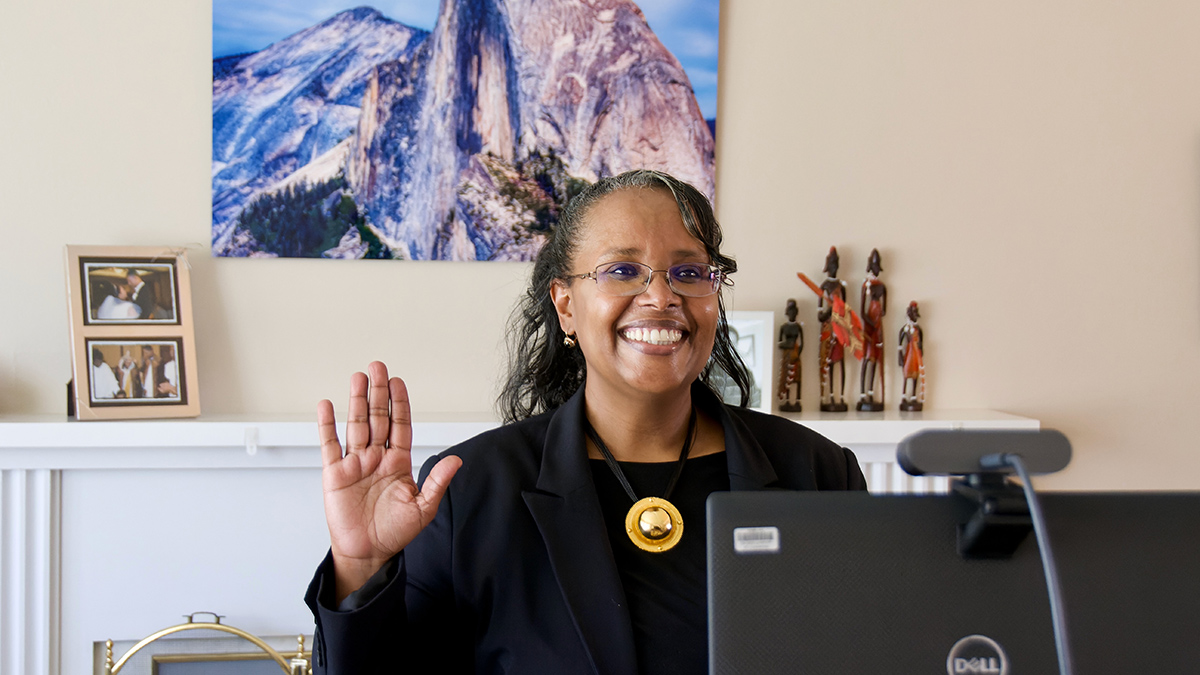Source: AGU Advances
Shortly after President Joe Biden took office in 2021, he nominated Asmeret Asefaw Berhe, then a biogeochemist at the University of California, Merced, to oversee the Department of Energy’s (DOE) Office of Science. After a 15-month vetting process involving interviews, a mountain of paperwork, and, ultimately, a Senate confirmation, the AGU medalist became the first person of color and the first Earth scientist to hold the position. She served in the position for just under 2 years.
Now, with science and diversity programs under attack, she reflects on her path to leadership in a new commentary in AGU Advances. Berhe became familiar with DOE’s science program as a graduate student at the University of California, Berkeley. She later went on to receive DOE funding, collaborate with researchers from various national laboratories, and mentor scientists who went on to secure DOE positions. She says that combined with guidance from her mentors, these experiences helped her develop the skills she needed for her DOE appointment, not only in science but in managing, accounting, mediation, and ethical guidance.
Berhe, who was born in Eritrea and was one of only a few undergraduate women at Asmara University studying soil science, prioritized basic research, robust science communication, and promoting diversity in STEM (science, technology, engineering, and mathematics) in her DOE role. Providing opportunities in STEM for people from all walks of life starts with equalizing the distribution of funding, she writes. She cited an American Physical Society report that found, in 2018, 90% of federal research funding went to the top 22% of institutions, even though the vast majority of students—especially those from low-income backgrounds—attend other schools. Under Berhe’s tenure, the DOE began asking grant applicants to demonstrate plans for collaborating with schools less likely to receive funding, enabling scholars from diverse backgrounds to access DOE resources.
Berhe thinks recent efforts by some politicians to end diversity, equity, and inclusion (DEI) programs are partly because of a misconception around what DEI means. These programs are often misconstrued as serving only gender or racial minorities from urban environments, when, in fact, many are intended to serve a much wider range of Americans, she writes.
Today’s political climate sometimes leaves Berhe with feelings of despair. But she remains hopeful that with time, the next generation of scientists will benefit from opportunities like those she’s had. “Together, we will weather this storm,” she writes. (AGU Advances, https://doi.org/10.1029/2025AV001757, 2025)
—Saima May Sidik (@saimamay.bsky.social), Science Writer


